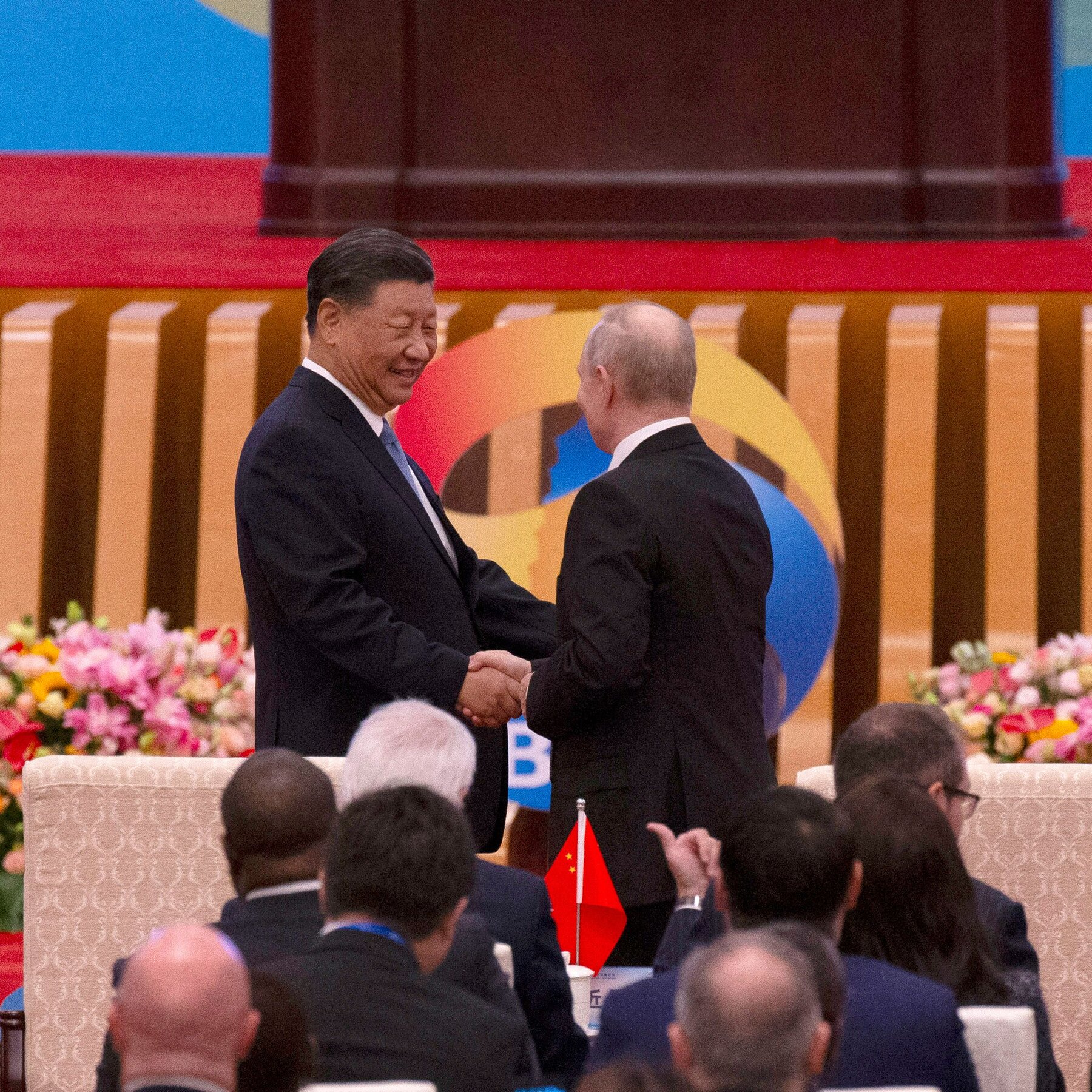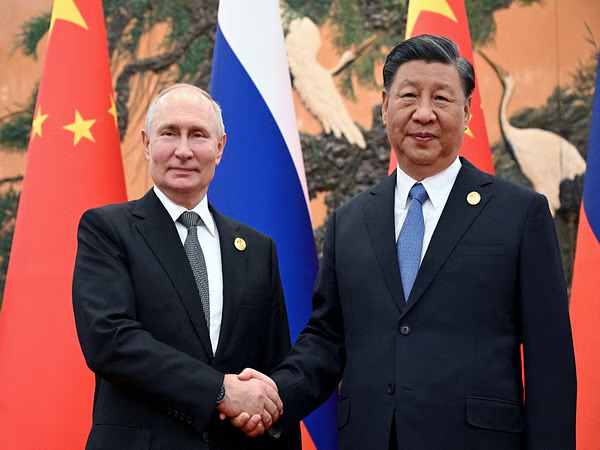Russian President Vladimir Putin met with Chinese President Xi Jinping for the 63rd time in bilateral and multilateral settings during his two-day state visit to China on May 16 and 17. This demonstrates how at ease the two leaders are with one another.
In addition to his official meetings with Chinese leaders, Putin met with Xi in a “restrictive meeting” at Zhongnanhai, the central command post of the Chinese Communist Party. China’s message to the US and other European nations, conveyed by Putin’s visit to Zhongnanhai, is that Russia is China’s most reliable partner, symbolically occupying the top position in the relationship hierarchy.
The US had been accorded a comparable standing during the post-1970 rapprochement. Xi used a Chinese proverb to highlight the close ties between China and Russia: “A mountain is formed by the accumulation of soil, and an ocean is formed by the accumulation of water.” This is an extension of the ‘without limits’ partnership declaration made in early February 2022, right before Russia invaded Ukraine.

Source: The New York Times
Foreign Minister Wang Yi subsequently emphasised this, calling Russia China’s most significant strategic ally and stating that their friendship was ‘ironclad’.In recent years, Russia’s increasing proximity to China has raised concerns in New Delhi. Given its strong military and defence links to Russia and the ongoing standoff with China at the Line of Actual Control in Ladakh, India would approach this summit with extreme care.
In key forums such as the Shanghai Cooperation Organization (SCO), the BRICS, and the Russia-India-China trilateral, Russia has frequently served as a buffer between India and China. Under New Delhi’s multi-alignment/strategic autonomy framework, contacts with Russia persisted even as India started to forge its strategic partnership with the US.
Source: NDTV
But New Delhi needs to keep a careful eye on Russia’s and China’s willingness to participate in global forums such as the BRICS expansion.Putin’s visit brought to light Russia’s growing reliance on China as a junior partner for military, political, and economic support. India does not yet appear to be ready for this unpleasant reality.
The joint statement’s reference of increased cooperation in industrial manufacturing and space rule-making may further infuriate India. Long-term effects of this include what it means for India’s space program and its reliance on Russian military weapons. It will be interesting to observe how Russia and India use their bilateral channels to reconcile with the narrative that emerges from the Putin-Xi meeting that is centred on China.
What do you think about this? Comment below.

